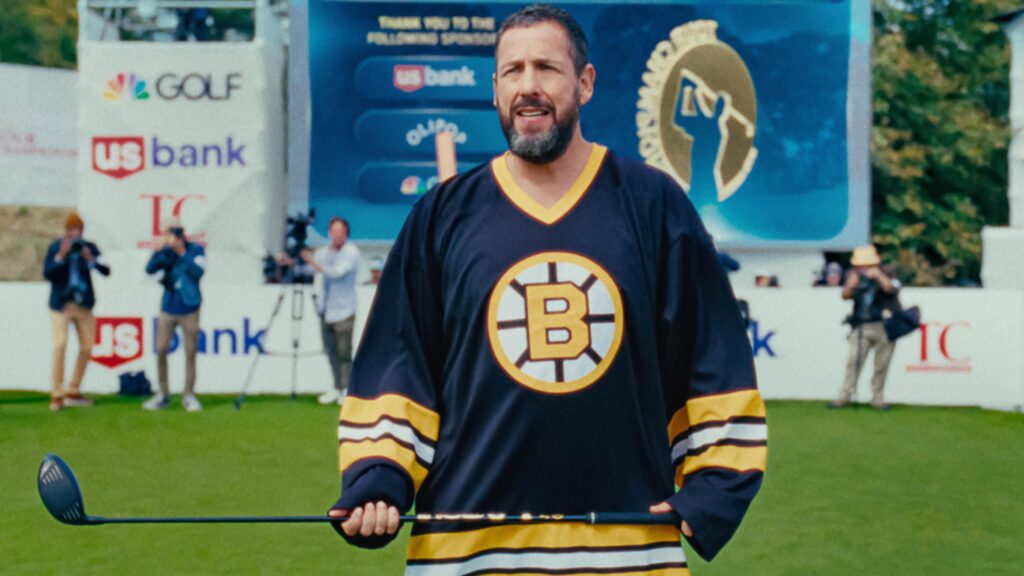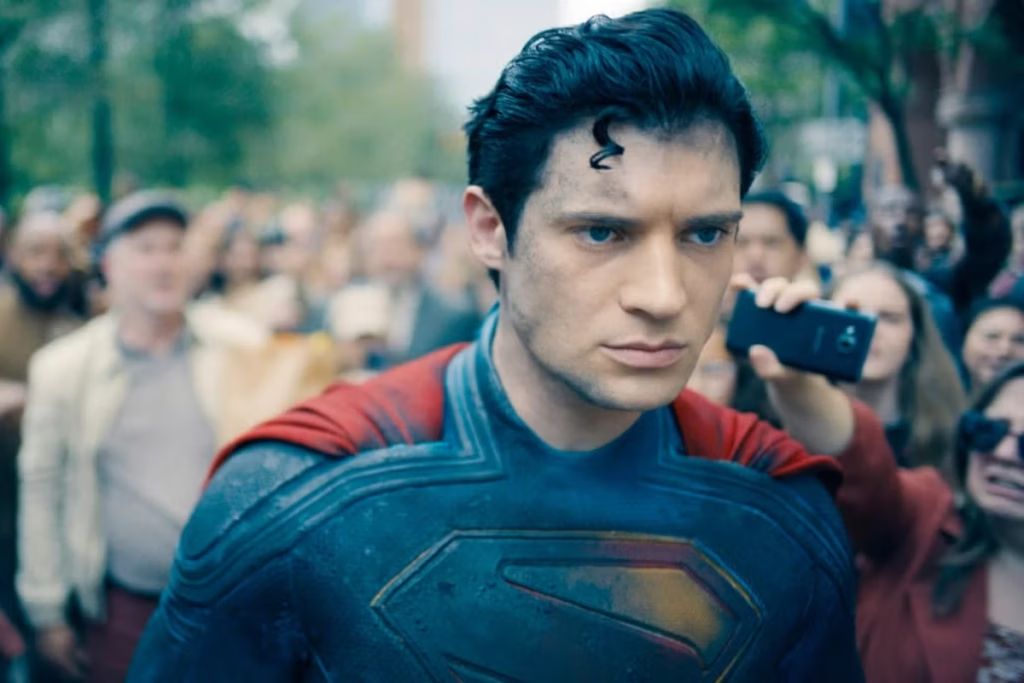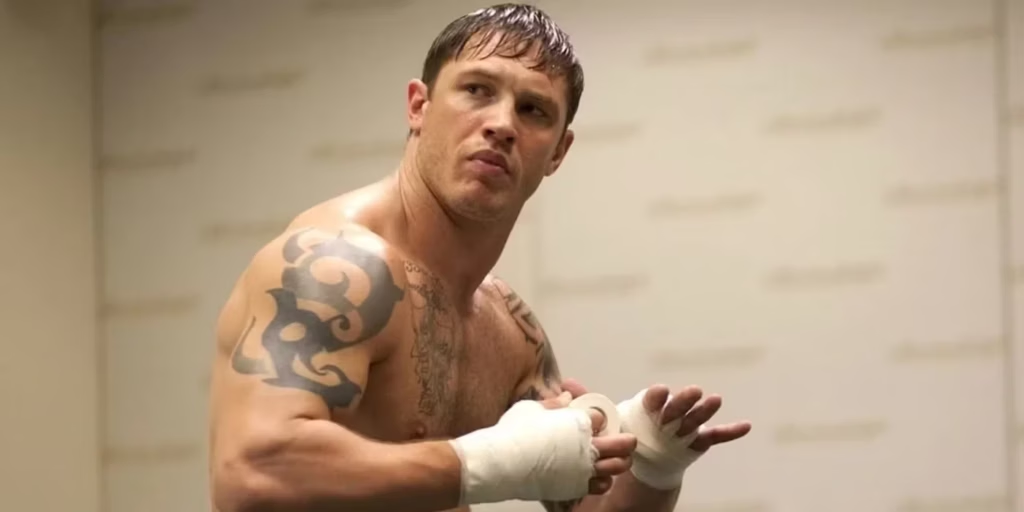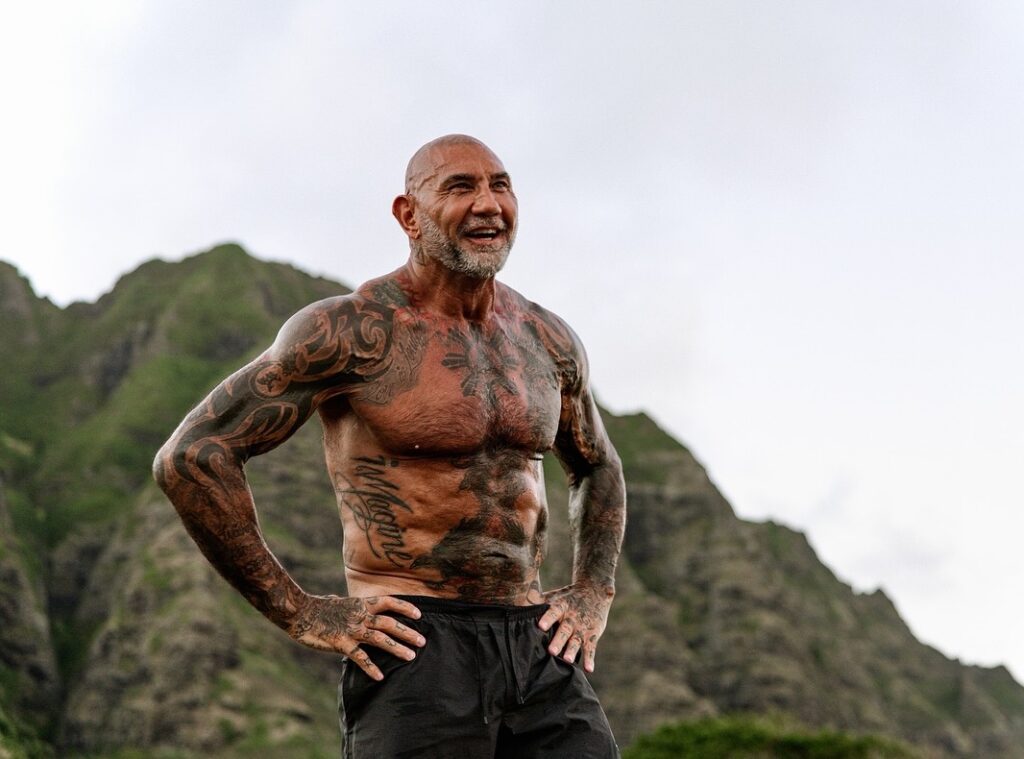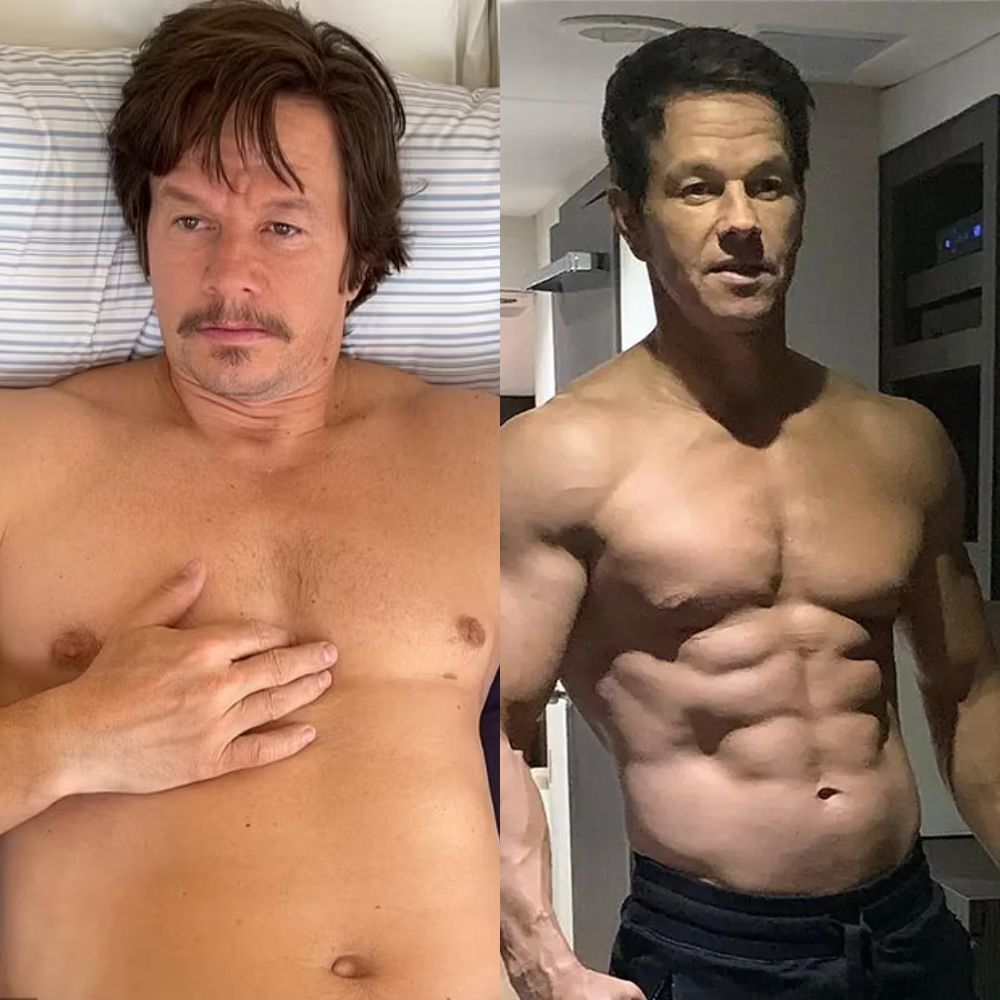A Men’s Health colleague and I have a phrase we roll out whenever we’re trying to decide which of us will interview an available talent. For example, I’ll say, “Greg Norman? Yep – I’ve got a feel for him. I’ll do it.” Alternatively, it’s, “Bear Grylls? Nah – no feel for him.”
Recently, Stan Walker entered MH airspace, and I’ll be honest, I was hesitant. I had only respect for Walker – I’d seen enough of him over the years to sense a likeable guy whose throat, as Michael Bublé once said, had been “kissed by God”. But it was exactly this issue of pre-interview connection giving me pause: I had minimal feel for Walker, this young, proud Māori artist of turbulent beginnings. Who was I – a non-Indigenous Australian – to evaluate his contribution to the world? Once upon a time, this juxtaposition wouldn’t have bothered me, but in 2022, it seemed problematic. Lived experience and all that – or lack thereof. Or was I overthinking this? As my colleague once said, when I was crying off on an interview: “Well, get a f*cking feel for him!”
So, with Stan the Man, I tried doing just that, starting with acquiring a copy of his 2020 memoir, Impossible, which is astonishing in its rawness and candour. In the space of an afternoon, I’d prepared myself to meet an enigmatic 31-year-old performer who has something to teach us all about staring down adversity and reaching for the stars.
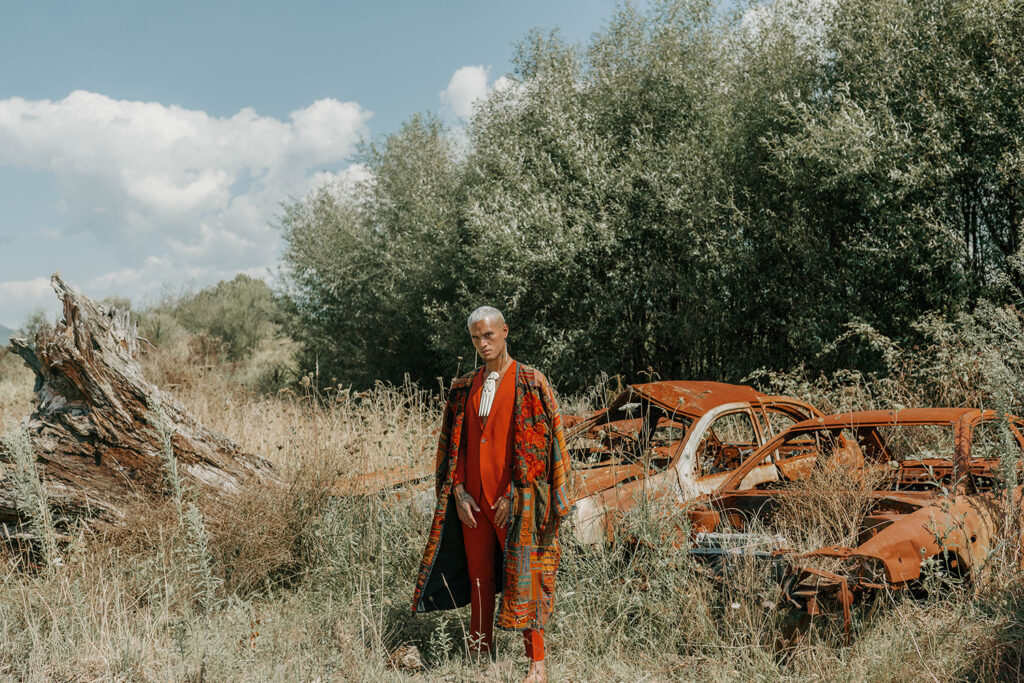
From the driver’s seat of his Volkswagen, Walker appears on my computer screen in a smart, dark-grey sweatshirt and matching cap. He’s just driven for a tick over five hours from his home in Whanganui – at the mouth of the Whanganui River on the west coast of New Zealand’s North Island – to Auckland. If he’s weary, it doesn’t show. “I get to see a lot of the countryside, which is beautiful,” he says of the journey, singling out certain lakes and mountains. “I’m used to the drive now because I’ve done it a lot. I could fly, but for this trip I need a car,” he adds, chuckling. Sad to have left his wife and two small children back in Whanganui, he’s in Auckland to do some recording and to perform at a Rolling Stone awards show.
No one could reasonably accuse Walker of spinning his wheels since he won the 2009 (and final) edition of Australian Idol. In August, he released his seventh studio album, All In – a blend of anthems and R & B-infused bangers – which he regards as, if not his magnum opus, then his most comprehensive declaration to date of who he is.
“It’s a journal of the last five years of my life,” he says. “So many different experiences, from falling in love, falling out of love, being heartbroken. It’s about climate change and my experience of being a Māori Indigenous Polynesian man in an industry that’s still trying to accept who we are.”
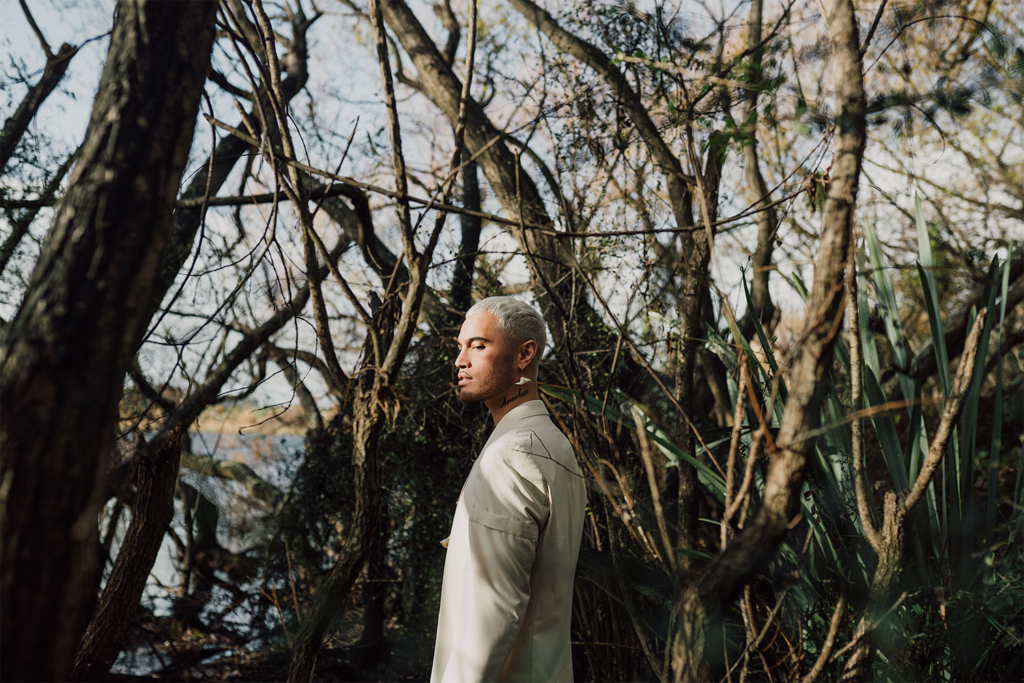
That last point is crucial. Having a feel for Walker starts with a nod to his racial identity, which is undiluted by his having been born in Melbourne, lived in various parts of Australia and gotten his big break Down Under. “I’m a very staunch and proud Māori man,” he says. Wherever he’s been, “I knew who I was and where I’d come from, and I’ve taken that knowledge everywhere”.
Walker’s love of country made him a must-get for Tourism New Zealand when it was recruiting “secret agents” to encourage visitors to his homeland, Aotearoa. “I want people to know and experience why I’m so passionate about our beautiful land and history and culture,” he says. “I’m unsubtly pressuring people to come over.”
“Over the last five years i’ve learnt to say no. and saying no has been a life-saver. i say no to save my time, my energy, my soul.”
Stan Walker‘s transformation
I ask Walker to compare the man he is today to the 18-year-old menswear shop assistant based in Coolangatta, the newly minted Christian who sung his heart out in church and who auditioned for Idol by belting out ‘Circle of Life’ from The Lion King and John Legend’s ‘Ordinary People’ in front of Dicko, Marcia and Kyle Sandilands.
“Wow. Two different people. Two very different people,” he says. Which is not to suggest he looks down on his younger self. As a matter of fact, he misses him – misses his naivety and enthusiasm. “You see, I’m quite a cynical person now,” he says, laughing again. “Very guarded. Wary. But also hopeful. I’ve learnt a lot in those 13 years.”
He pauses. “I thought I understood life back when I was 18,” he says, laughing again, uproariously this time. “I’ve hopefully wised up, but I miss and love how zealous and fresh and pure I was coming into this industry.”
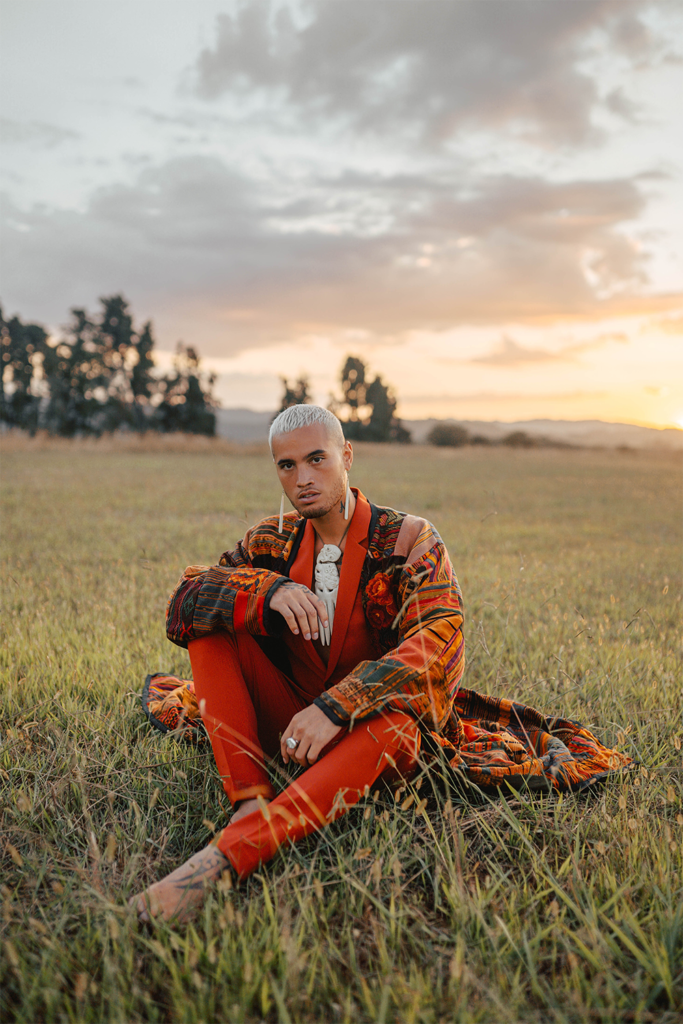
While Idol was a launchpad for Stan Walker, it was something else, too: a first taste of the music industry’s urge to commodify talent. Some young artists scarcely object to the process; they’re content to defer to savvier heads. But Walker (while mostly exhilarated by the Idol experience) was uncomfortable from the start with the meddling. The first casualty was his rat’s tail – his pride and joy that the program’s shot-callers considered repulsive. “It was a fashion statement, or maybe a cultural statement, that whispered of a different kind of life, the life I had come from,”
Walker says in Impossible.
After winning Idol, Walker spent the next two days in a studio recording Introducing Stan Walker, which featured nine covers and two original songs, including the infectious ‘Black Box’. The album would eventually go triple platinum, and it hardly matters, Walker says, that it makes him cringe now, because at the time he felt like an emerging superstar.
“Idol for me was amazing,” he tells me. “I went from absolutely nothing to being exposed to absolutely everything. That whole experience with the other contestants and meeting incredible mentors and singing on live TV and living in a mansion… that was living! That wasn’t hard. [But] I did have to fight for how I wanted my voice to be heard, for my song choices to reflect me.”
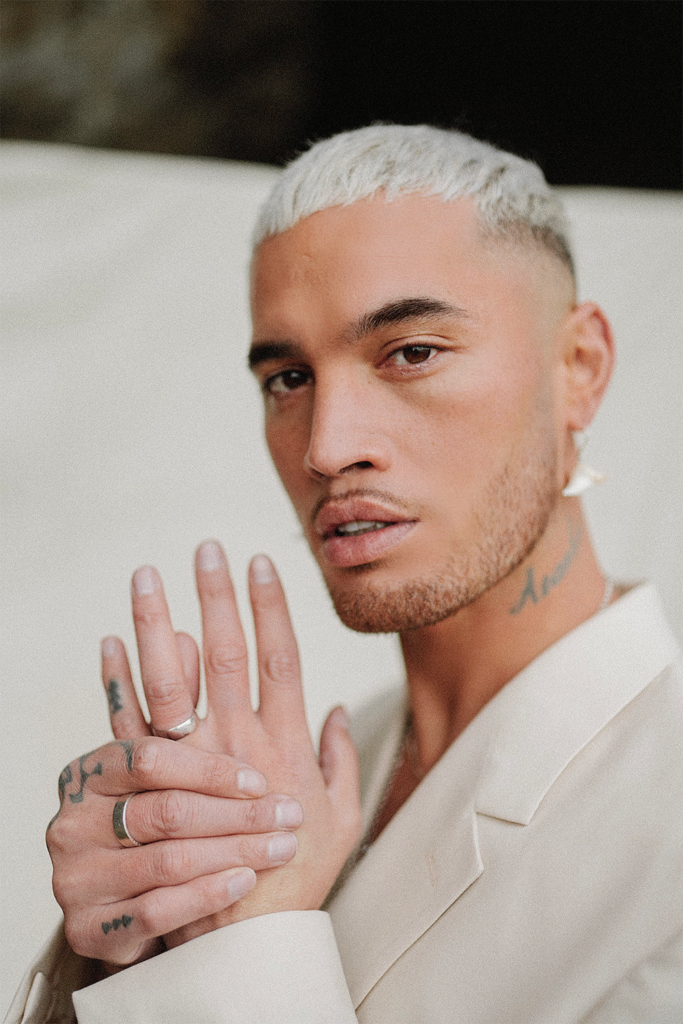
The struggle for independence was only just beginning. In his memoir, Walker paints a scene from the early days, sitting at a boardroom table surrounded by people “who didn’t look like me, didn’t have the same hair texture as me and didn’t understand what was fashionable in my community”. Walker’s views on the way forward for him “couldn’t have been more different to the expectations and priorities swirling around this room”.
For many years to come, he felt defensive of his evolving looks and tastes. The suggestions or demands – call them what you will – were relentless. Cut your hair! Style it this way! No, not like that – like this! Undo your top button!
He was unskilled in the art of compromise and could get lippy with these sure-of-themselves image-makers who seemed intent on controlling and packaging him. He still can’t watch the video of ‘Unbroken’ – from his second album, From The Inside Out – because of the hairstyle he was told to wear for the shoot. It made him feel like someone else –someone he didn’t know. It’s a hell of an industry, Walker says, the music industry: it demands everything of you, and a lot of artists don’t make it out intact. Addiction and breakdown are rife, and that’s because you can lose touch with who you are beneath the machine-made version of yourself.
“To uphold your values, to fight for your authentic voice to be heard… it is a fight. And I give it up to the people who have fought that fight before me.”
No, Walker tells me, he’s never stopped fighting for his independence. But he doesn’t kid himself he’s special in this regard: the same battle’s been waged by most musicians through history – or at least since the big labels took root. “To uphold your values, to fight for your authentic voice to be heard… it is a fight,” Walker says. “And I give it up to the people who have fought that fight before me.”
If he, Stan Walker, has fought with notable ferocity, it’s because a warrior spirit is in his blood, he says. “It’s been very hard and many times I’ve wanted to give up, but because I come from a family of fighters and I’ve been taught to survive, I keep getting back up. Man, I wouldn’t have chosen a lot of the things that have happened in my career, but
I wouldn’t change them because without them I wouldn’t be half the person I am today.”
Learn to forgive
Stan Walker’s early life – the broad family environment – oh, man, it was… messy. Once Were Warriors stuff, he’s called it. Beatings. Terror. Neglect. Poverty. Sexual abuse. You name it. To delve into it is to wonder how Walker has managed to turn out as well as he has.
Part of the answer: he’s been able to view the people who tarnished his childhood through a wide lens. “Everyone is a by-product of something,” he says. In the case of his Mum and Dad – both of whom he loves dearly, he tells me – their past issues can be attributed to intergenerational trauma stemming from colonisation and displacement. “I learnt that [lesson] younger than my parents did, so my kids will have a better time of it.”
He extols the virtues of resilience, particularly the kind you have in childhood, when you’re more likely to accept behaviour and events, however terrible, as normal. “Kids bounce back,” he says. “It’s harder when you’re an adult because we know too much.”
In the dark times of his youth, young Stan Walker sang for comfort. Often, he’d sing himself to sleep. While other kids dreamt of sporting glory or walking on the moon, Stan yearned to sing on Idol like he saw Guy Sebastian do in 2002 – the affable but determined young man with the afro who promised to climb every mountain.
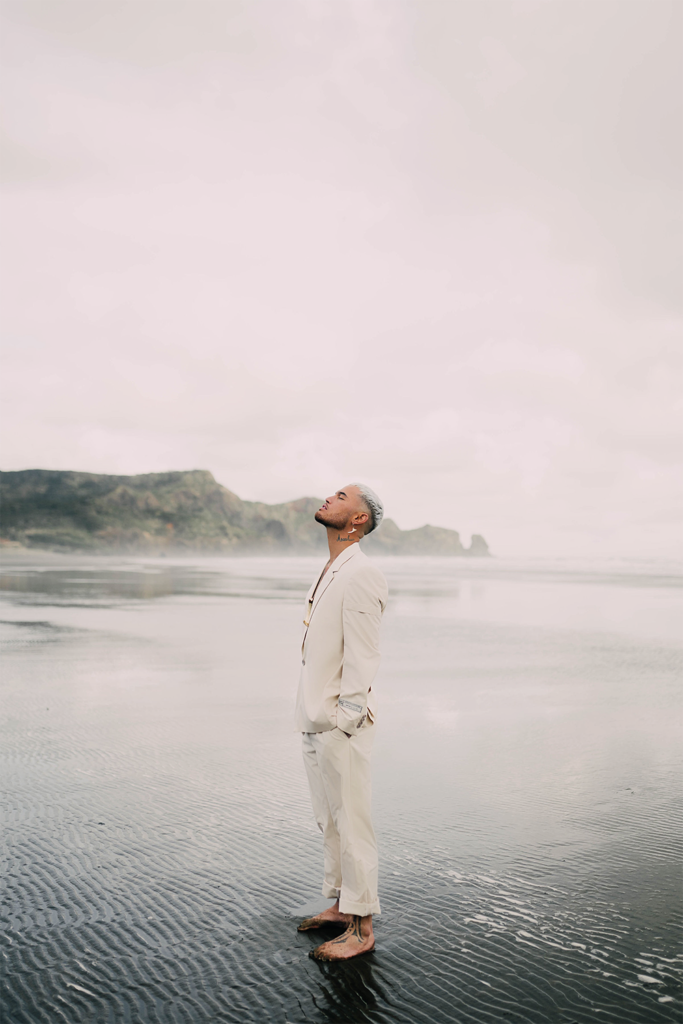
Walker needed a big dose of resilience in 2017 when he learned he had stomach cancer. Though just 26 at the time, he was less surprised by the diagnosis than you might assume, having known since he was 15 that he’d inherited a gene mutation, CDH1, that had caused this aggressive cancer in dozens of his relatives – and sent many of them to their maker.
Feeling neither scared nor even particularly concerned, Walker had his stomach removed. For a while after the operation, he cleaned up his diet, upping his vegetable intake, but nowadays he eats the same stuff he used to eat as a teenager (which is to, say, pretty much whatever he wants, including fast food), just not as much of it. He’s slender now, which he’s happy about because it allows him to be more daring in his choice of clothes. He always looks striking.
The cancer is just a memory, he says. He long ago received the all-clear; there’s no chance of a recurrence with his stomach gone, surgeons having attached his oesophagus to his small intestine, which now operates as a miniature, ersatz stomach. There were postsurgical complications that were extremely unpleasant, but he reflects on neither the cancer nor the traumas of his boyhood as the worst stuff to happen to him, the most challenging stuff. He knows that from an outside perspective, the cancer episode must sound terrible, but for him, he insists, it really didn’t amount to a hill o’ beans. He’s seen a lot of death; it doesn’t scare him.
“Just being who I am in this industry is a lot harder than having cancer,” he says, “because I feel like you’re dealing with different types of cancer in this industry. You know, being an Indigenous Māori Polynesian man in this industry has been a challenge. I’ve had to fight to represent myself, to talk the way I want to talk. Coming into this industry, the label wanted my voice, but they did not want my mind; they did not want my culture; they did not want my colour or my feelings.”
I ask him whether this quest for independence, for total authenticity, has been won or whether it’s ongoing; an endless war.
“Ongoing,” he says, because change is constant – new people keep entering his life who have their own opinions on how he should present himself to the market.
“But I’ve gotten to a place where I don’t compromise my values at all,” he says. The number-one non-negotiable? “My family. If something doesn’t serve my family, then I will have to rethink or rejig whatever the opportunity is. Also, I won’t represent something that is [incompatible] with who I am – my beliefs, my culture. I’ve said yes a million times over the last 13 years, but over the last five years I’ve learnt how to say no. And saying no has been a life-saver. I say no to save my time, my energy, my soul.”
“Just being who I am in this industry is a lot harder than having cancer, because I feel like you’re dealing with different types of cancer in this industry. You know, being an Indigenous Māori Polynesian man in this industry has been a challenge. I’ve had to fight to represent myself, to talk the way I want to talk. Coming into this industry, the label wanted my voice, but they did not want my mind; they did not want my culture; they did not want my colour or my feelings.”
Nowadays, can anyone tell Stan Walker how to style his hair? That laugh again. “They try to! They definitely try! And I just look at them and laugh,” he says. “My attitude is: look, if you want me, you’re going to get me” – not some phoney version of Stan Walker that someone thinks is more marketable.
“The industry’s changing, but it needs to change more,” he says. “We’re writing out the narrative for our own lives now. We’re taking back the power. For the first time I feel like a lot of indigenous people around the world, and people who’ve been marginalised, are finding their voices.”
Stan finishes with a look to the future, and here he unleashes. Talks the house down. And why not let him run? Because who would say he hasn’t earned the right? It’s a stream-of-consciousness outpouring from a liberated man who’s done the hard work of establishing who he is and is ready now to explore and display the full force of his potential.
“I hope to build my empire with my wife and kids,” he says. “I want to be so much more. I feel like I’m only just getting started. I know who I am. I’m a lot more matter of fact about where I’m going and how I’m getting there and I’m just excited. Singing’s my number one but it’s not the be all and end all. There’s so much I want to achieve as a creator of art in all its forms. I’m content with who I am and what I have but I want to be better. I want to be great. I want to be outrageous, like, you know, I want to be incredible. I want to be next level. And I think we all should feel like that.”










